10 Reasons People Are Boycotting Tesla
The automotive landscape has seen a significant shift with the rise of electric vehicles, notably Tesla Motors.
However, while many advocate for the transition to electric, a percentage of the public expresses reservations about making the switch.
Safety Concerns Associated with Fires
Instances of electric vehicles catching fire, although infrequent, have been reported in the news. Such incidents can create apprehension among prospective buyers.

Source:Dominik Sostmann/Unsplash
Many draw parallels with aversion to air travel due to the fear of crashes, even though statistically, air travel is safer than driving.
The Role of Automation in Safety
Electric vehicles, especially high-end models, often feature automated driving tools. However, reports of accidents involving these autonomous systems have become prevalent.
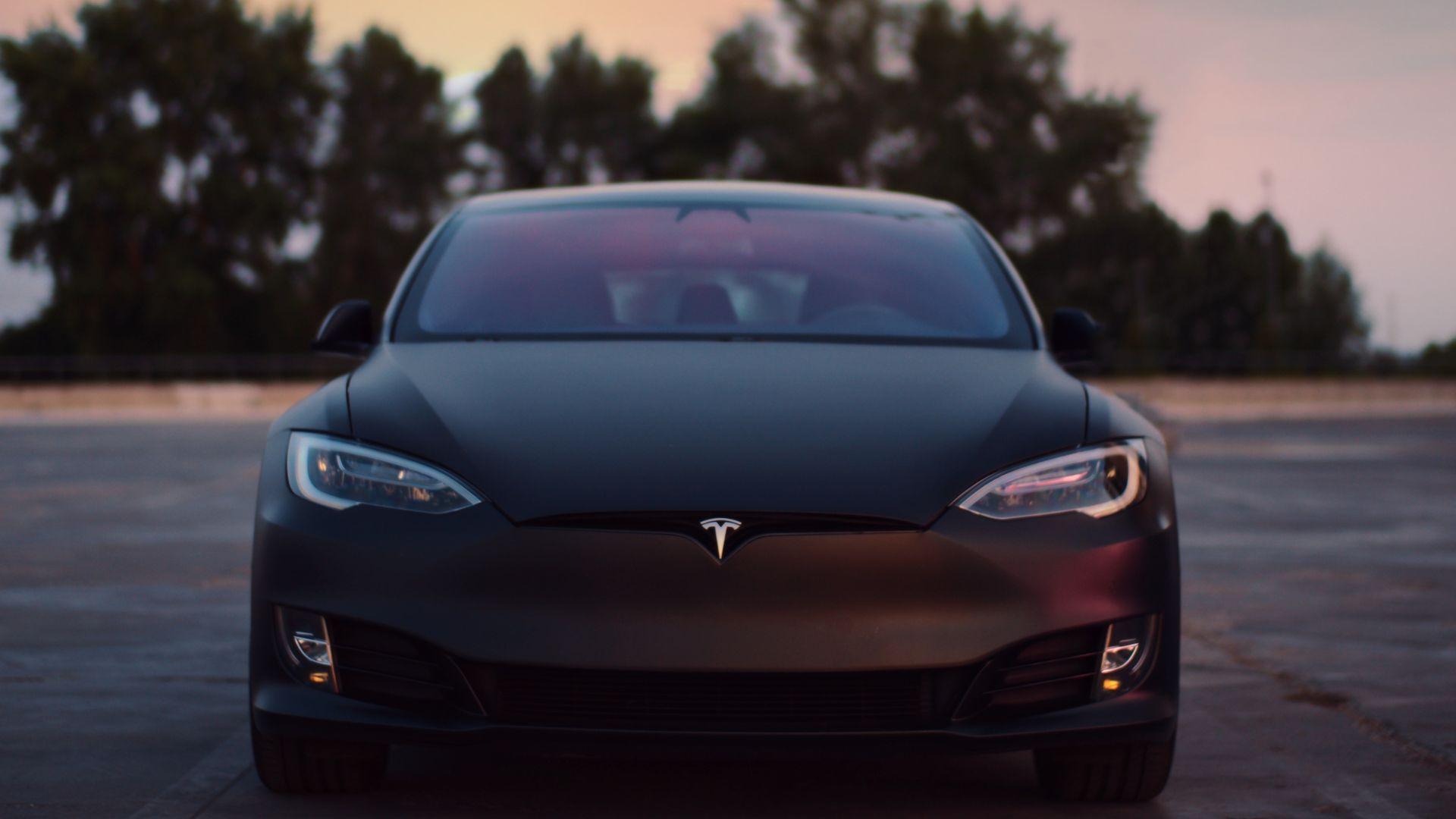
Source: Dmitry Novikov/Unsplash
The potential for such incidents can deter potential buyers who might perceive these features as fundamental to electric vehicle operation.
Economic Factors in Play
The pricing of electric vehicles, particularly those on the higher end of the market, is a significant factor influencing purchase decisions.
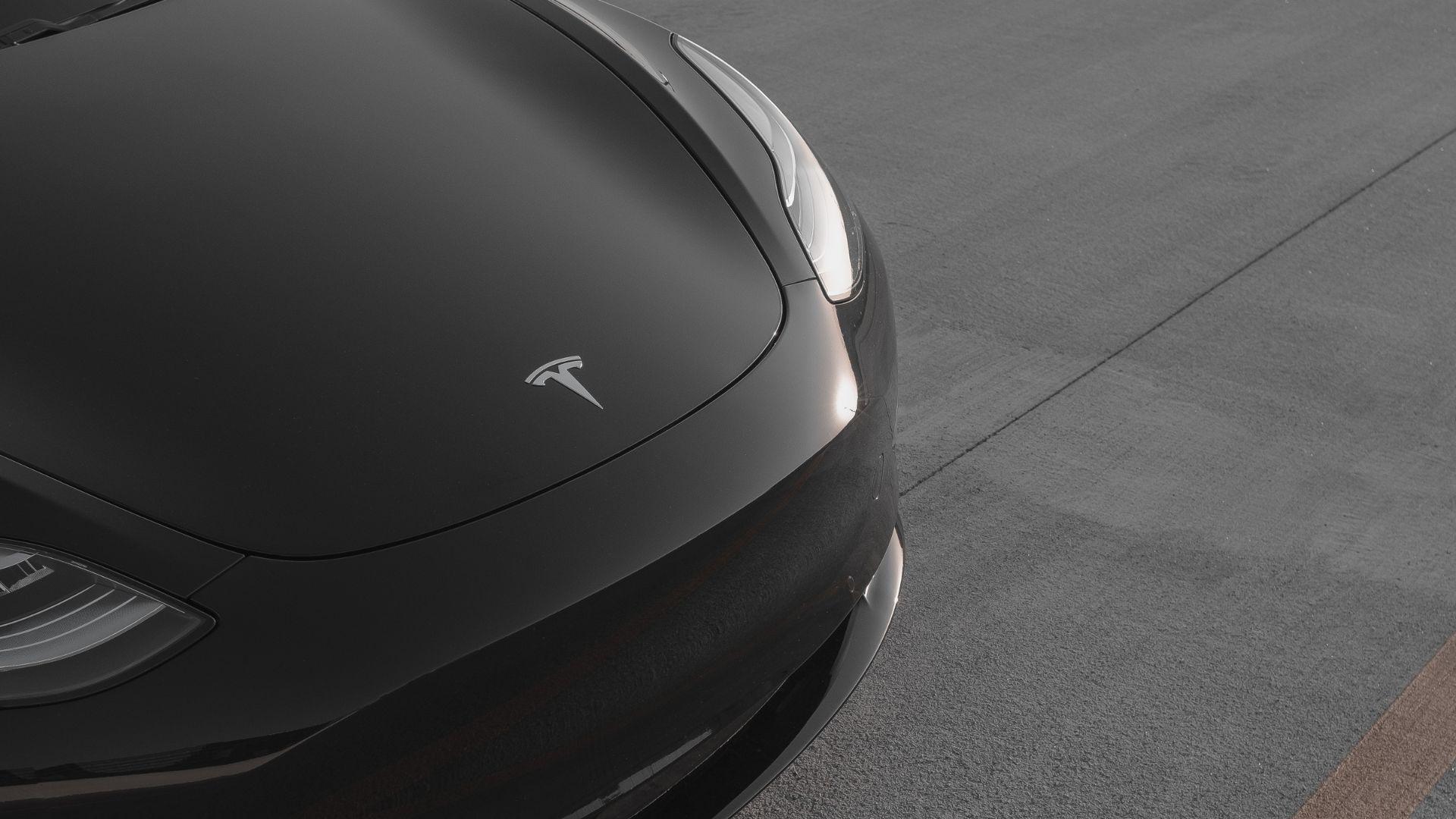
Source: Andres Jasso/Unsplash
Many individuals feel that the current prices of these vehicles is beyond their reach, although there is optimism that increased production and market competition will eventually lead to more affordable options.
The Shift to Digital Interfaces
The transition from traditional physical controls to predominantly touchscreen interfaces in electric vehicles has been polarizing.

Source: Brecht Denil/Unsplash
Some individuals have expressed a preference for tangible buttons and controls, citing concerns over over-reliance on digital screens for essential functions.
Infrastructure’s Role in Adoption
A crucial aspect of the electric vehicle adoption rate is the reliability of electrical infrastructure.
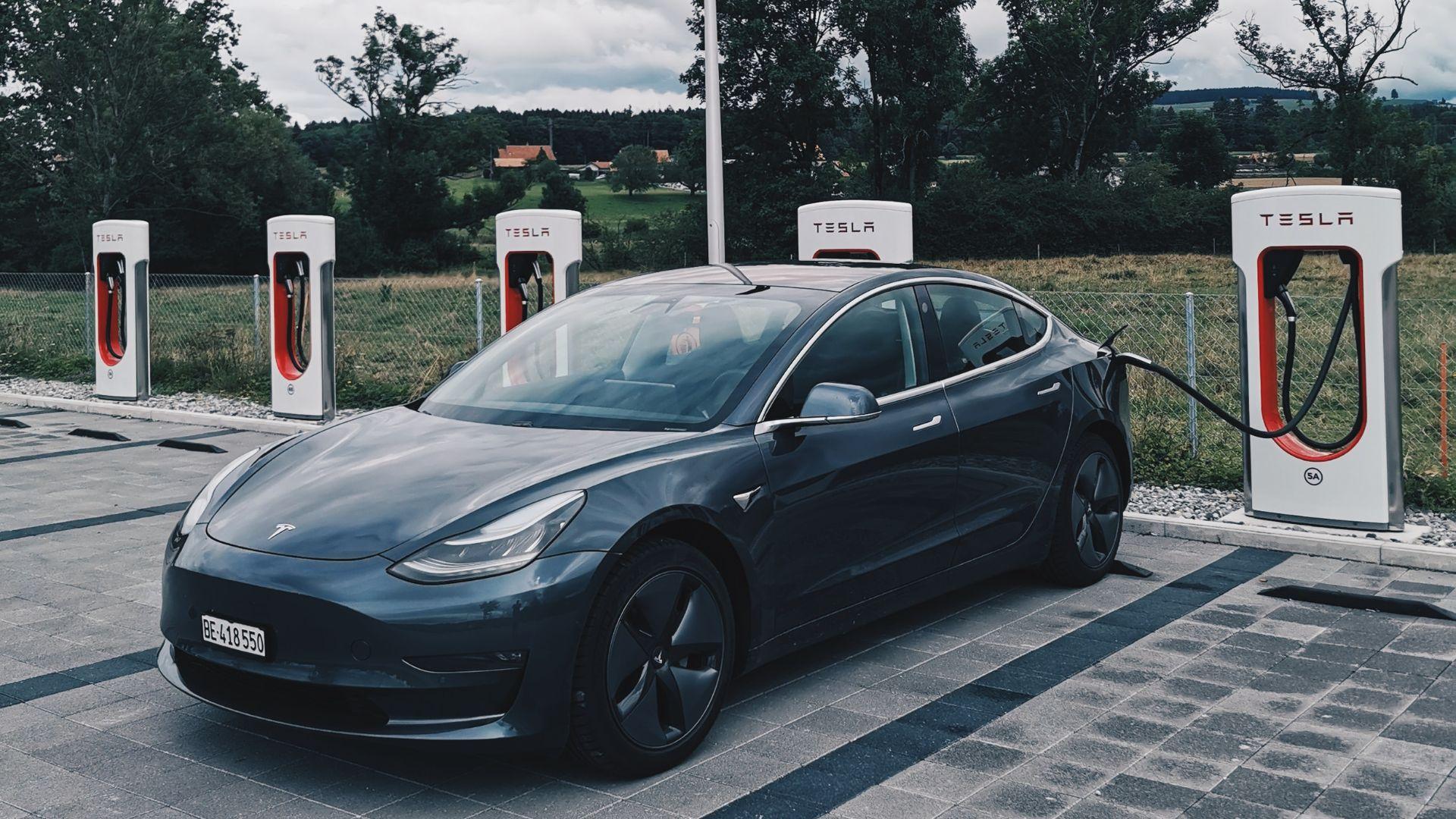
Source: Dario/Unsplash
In regions where power outages are frequent, the feasibility of maintaining an electric vehicle becomes questionable—adequate, consistent electricity supply is paramount for potential EV users.
Consumer Attachment to Current Vehicles
A significant number of potential buyers are unwilling to consider an electric vehicle while their current vehicle remains operational.

Source: Joshua Oluwagbemiga/Unsplash
The considerable investment required to purchase a new car, electric or otherwise, makes many hesitant to make a switch unless absolutely necessary.
Maintenance and Longevity
There’s a discernible preoccupation regarding the ease of repairing and maintaining electric vehicles.

Source: Nina Mercado/Unsplash
The intricacy and integration of computer systems in these vehicles can be daunting for those accustomed to more traditional vehicle repair methods and systems.
Demand for Electric Utility Vehicles
There’s a notable gap in the electric vehicle market when it comes to trucks and SUVs that match the capabilities of their gasoline counterparts.

Source: Erik Mclean/Unsplash
Many potential users require vehicles for heavy-duty tasks, and currently, there are limited electric options that meet these demands.
Inaccessibility of Charging Stations
The lack of accessible charging facilities, especially for those residing in apartments or urban settings, poses challenges.
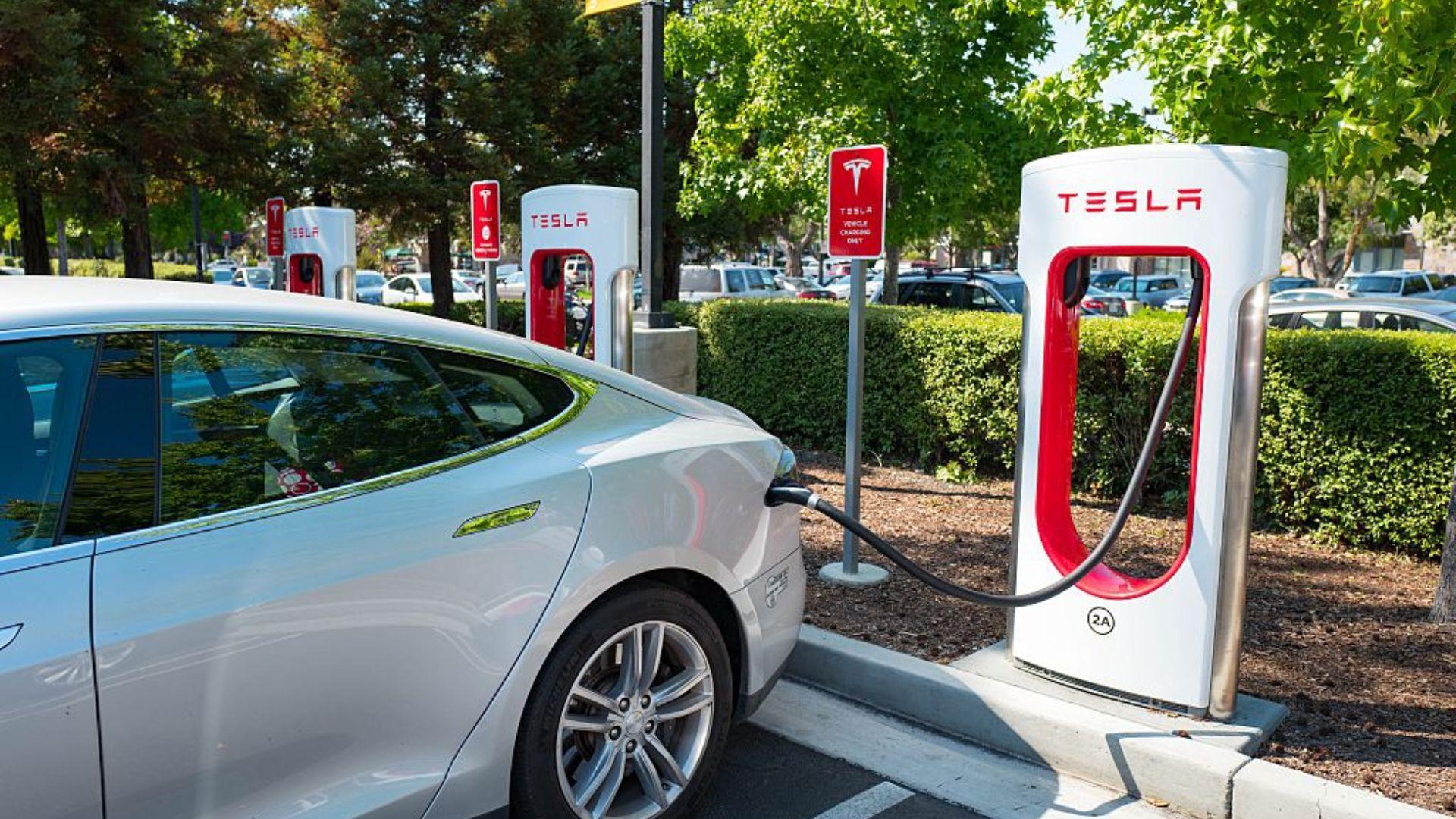
Source: Jonathan Ikemura/Unsplash
The prospect of owning an electric vehicle without a convenient charging solution at one’s residence is a significant deterrent.
Charging Duration and Lack of Convenience
The timeframe required to charge an electric vehicle compared to refueling a gasoline vehicle is a factor for many.
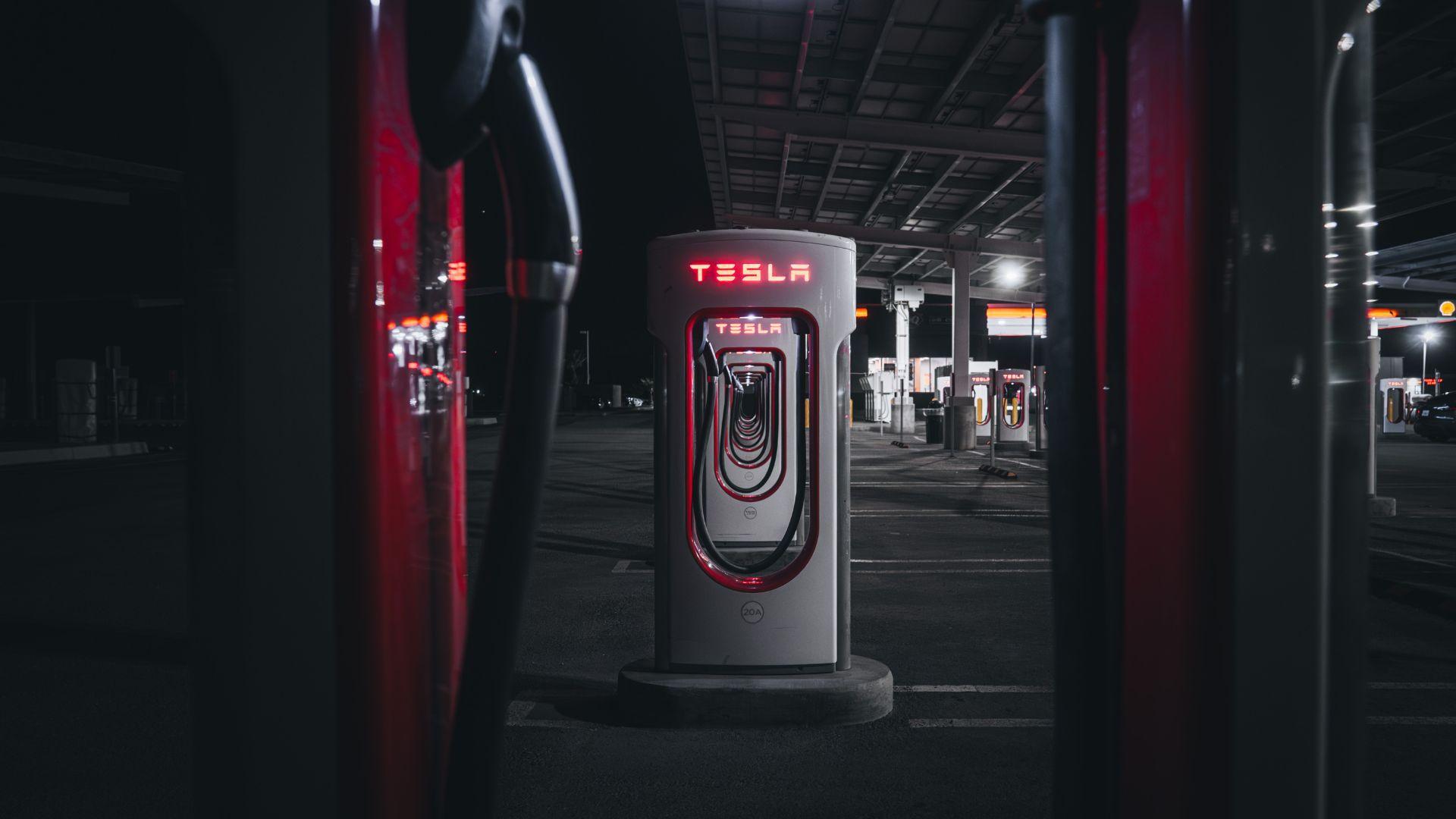
Source: Getty Images
The convenience of quick refueling is something potential electric vehicle owners would like to see replicated in charging solutions.
Assessment of Concerns
These predominant reservations individuals have expressed regarding the transition to electric vehicles are at least somewhat warranted.
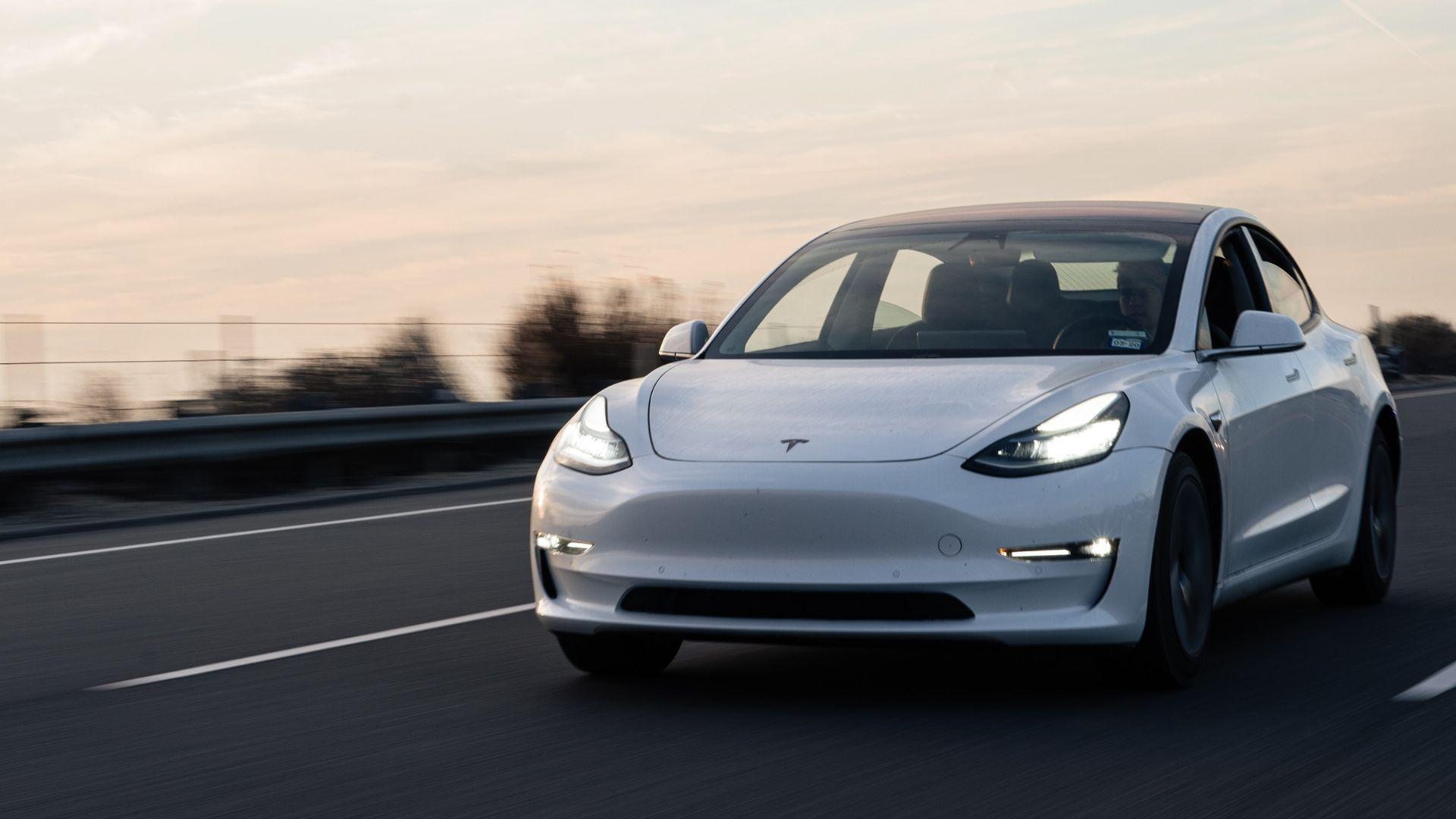
Source: Carter Baran/Unsplash
Addressing these concerns is vital for broader acceptance and adoption of electric vehicles in the automotive market.
